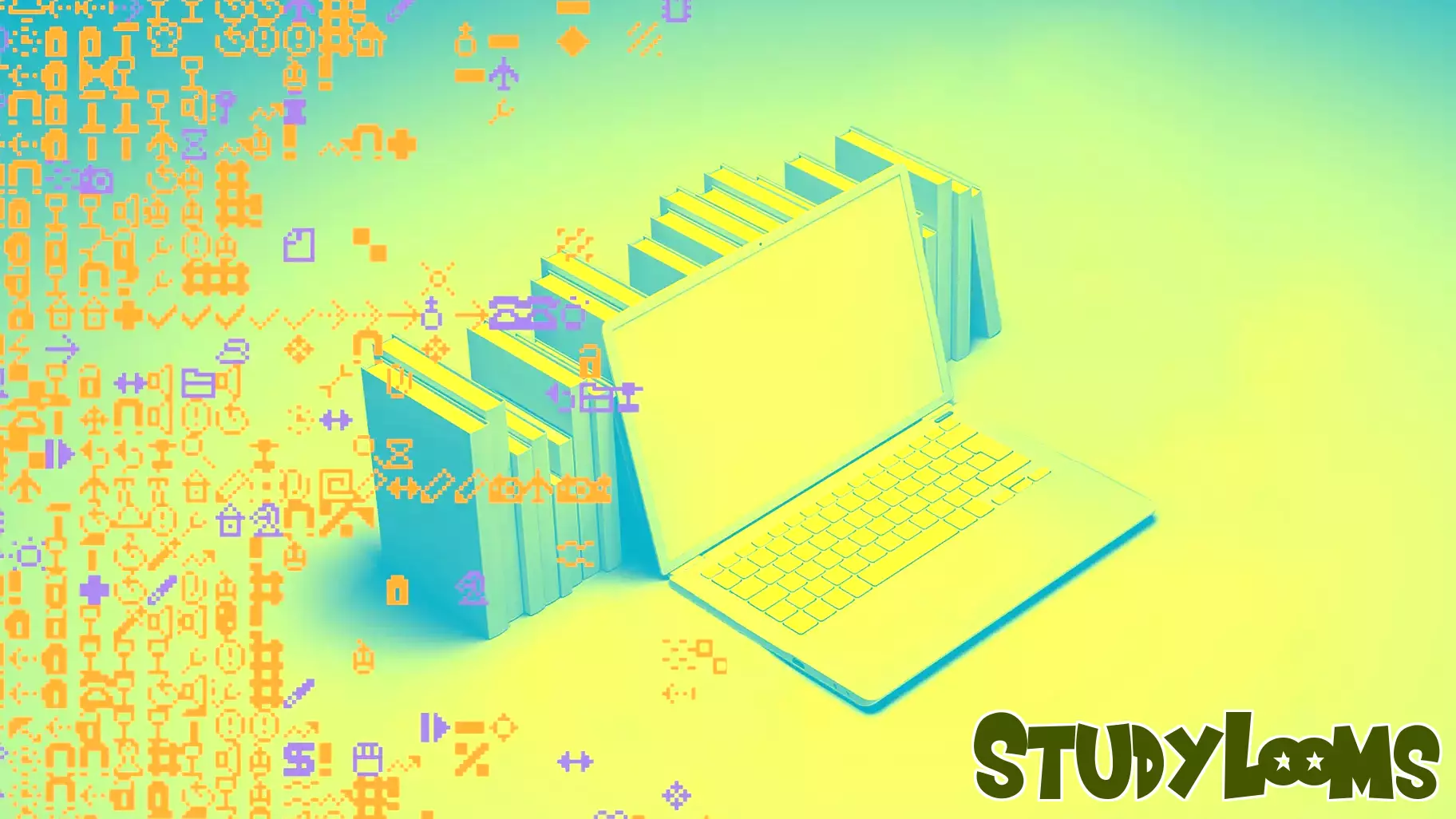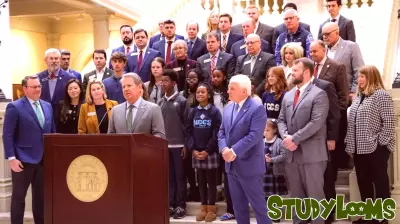September 5, 2025 - 15:26

As artificial intelligence continues to evolve, its impact on education is becoming increasingly significant. D. Graham Burnett, a professor at Princeton University, believes that A.I. has the potential to revolutionize traditional university structures, which he argues have reached a critical juncture. He suggests that the conventional model of higher education may be nearing its end, paving the way for innovative approaches to learning.
A.I. technologies can enhance personalized learning experiences, allowing students to engage with material at their own pace and according to their individual needs. This shift could lead to a more accessible and inclusive educational landscape, where barriers to learning are diminished. Furthermore, A.I. can facilitate the development of new curricula that respond to the demands of an ever-changing job market.
As educators and institutions grapple with these changes, the dialogue surrounding the role of A.I. in education will likely intensify, prompting a reevaluation of what it means to learn in the 21st century. The integration of A.I. into educational practices could redefine the future of learning, challenging long-standing traditions and encouraging a more dynamic, adaptive approach to education.



